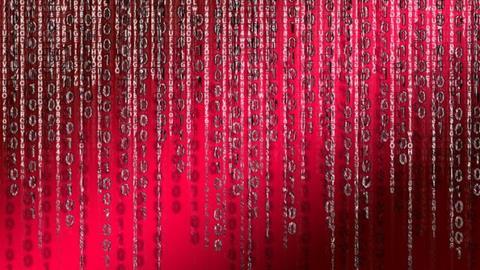Emergency measures may be introduced by the UK government to trace the mobile phone data of those suspected to have contracted coronavirus.
Since the global pandemic, many countries have allowed authorities to trace individuals thought to be exposed in order to contain and track the spread, such as Israel and South Korea.
Now the UK has outlined new emergency measures to tackle the spread under the proposed legislation, Coronavirus Bill.
Although the bill has no specific mention of using such data, it is possible that mobile phone tracing may fall under the outlined measures.
Anticipating privacy concerns, Health Secretary Matt Hahcock suggested that the EU General Data Protection Regulation (GDPR) does not restrain the use of data for coronavirus response, stating that “GDPR has a clause excepting work in the overwhelming public interest,”
“No one should constrain work on responding to coronavirus due to data protection laws. We are all having to give up some of our liberties; rights under GDPR have always been balanced against other public interests.”
In a brief statement, the ICO suggested that it would not aim to investigate authorities and other bodies for diverting from data protection principles.
“Data protection and electronic communication laws do not stop Government, the NHS or any other health professionals from sending public health messages to people, either by phone, text or email as these messages are not direct marketing,” the ICO said.
“Nor does it stop them using the latest technology to facilitate safe and speedy consultations and diagnoses. Public bodies may require additional collection and sharing of personal data to protect against serious threats to public health.
“The ICO is a reasonable and pragmatic regulator, one that does not operate in isolation from matters of serious public concern. Regarding compliance with data protection, we will take into account the compelling public interest in the current health emergency.”

























No comments yet